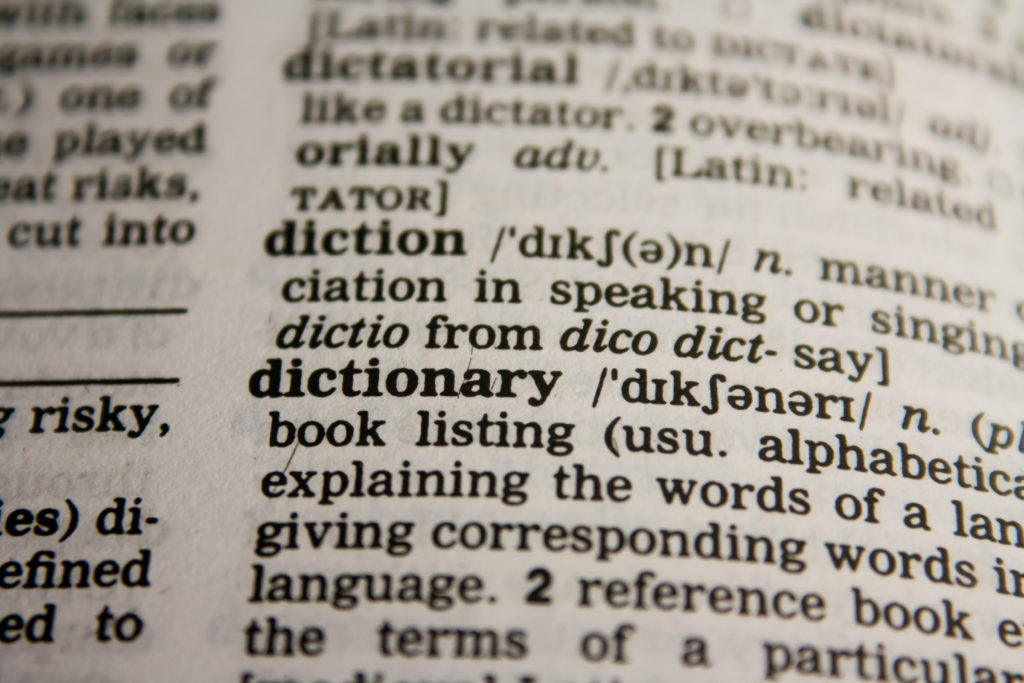Occasionally people tell me that I’ve said something wrong. I may not necessarily be offending them (although I have certainly been guilty of that), but pronouncing a word “wrong”. For the most part, I prefer to think I’m pronouncing the word “incorrectly for the region”.
It is well-known that Canadians and Americans say “out” and “about” differently. I’ve come across several other words that I need to watch when recording. Words such as premier, route, process, produce, adult, and organization, can be pronounced differently. Further, some words can be the same in certain parts of the States, but different in others.
Most importantly, as a voice talent, no matter where the recording airs, it needs to work for the client in their market.
Ideally, I receive “pronouncers” in the way of an audio file or a phonetic spelling. This is not to be confused with phonetic transcription – symbols representing a distinct speech sound. The phonetic-alphabet was created in the late 1800’s and not something people generally practice now. Spelling phonetically is not nearly as complicated. Writing out a word as it sounds, with the emphasized syllables capitalized, works well.
For example:
pizza = PEET-zah,
paleontologist = PAY-lee-on-TOL-uh-jist
program = PRO-gram
Often adding a rhyming word also helps: Mr. Right = RITE, rhymes with “kite”.
Occasionally, I will have to guess the appropriate version of a word because I have not been given direction and I want to turnaround the script as soon as possible. While there are several sites to find help, www.forvo.com is my “go to” site for quick regional pronunciations and proper names. However, as mentioned, pronunciations can vary from one State to another and therefore, it is always best to confer with a client, or if time is an issue, I will record more than one version of the same word. Dictionary websites are also great. However, I’ve found that the words are often pronounced in what I call the Queen’s English, which is often inaccurate for Americans.
The bottom line: it’s always best to include pronunciations – for words that may be up for interpretation – when submitting a script. And, while you may have guessed that I don’t like to be wrong (who really does?), everyone can always use a little help getting it right!




Thanks Tash. This really stricks a chord with me. Your blog has certainly opened my mind to the notion that pronunciation is regional. So there isn’t really a “right” or “wrong” way to pronounce. I will continue to use my language based on my geographical position.
Haha! The Queen would be proud.
Once again, Natasha, this is very valuable for phonework. When I share a database of names and information with others, I always provide clues, such as you’ve included, to help with pronunciation. Thanks for the great information!
Good to hear, Mary Jane! I am amazed at the similarities and parallels of our two different communication businesses!
poh-TA-toe, poh-TAH-toe… 🙂
Although I usually like to clear up this type of question before heading into the studio, sometimes I won’t realize there’s more than one way to read a word until I’m already recording. If the word in question only appears in one or two sentences, I’ll usually read it both ways and let the client choose after the fact. But yes! I love it when a client will include a guide of any potential trip-ups. This includes how to read numbers in the script (e.g., three-two-eight vs. three-twenty-eight, etc.)